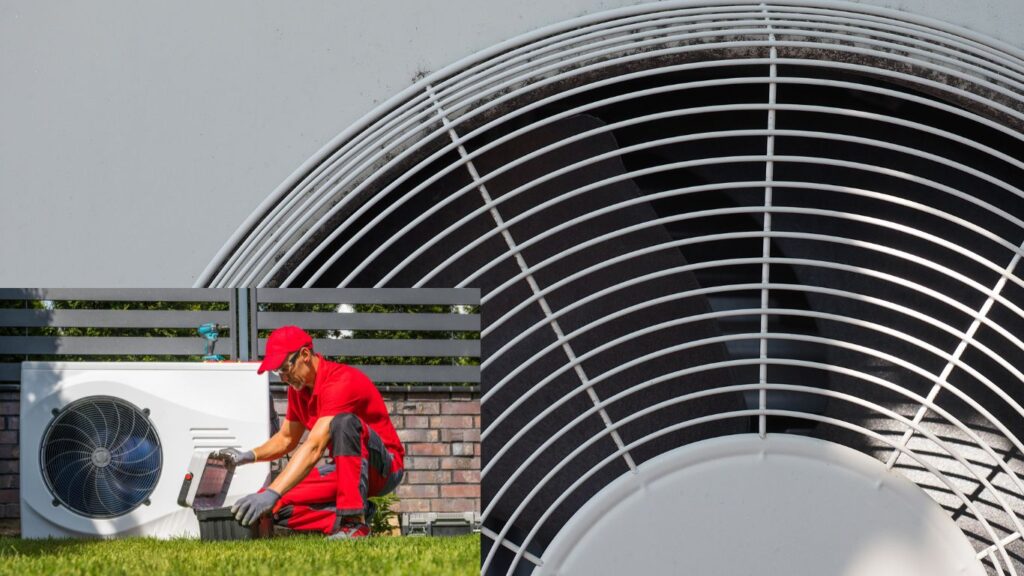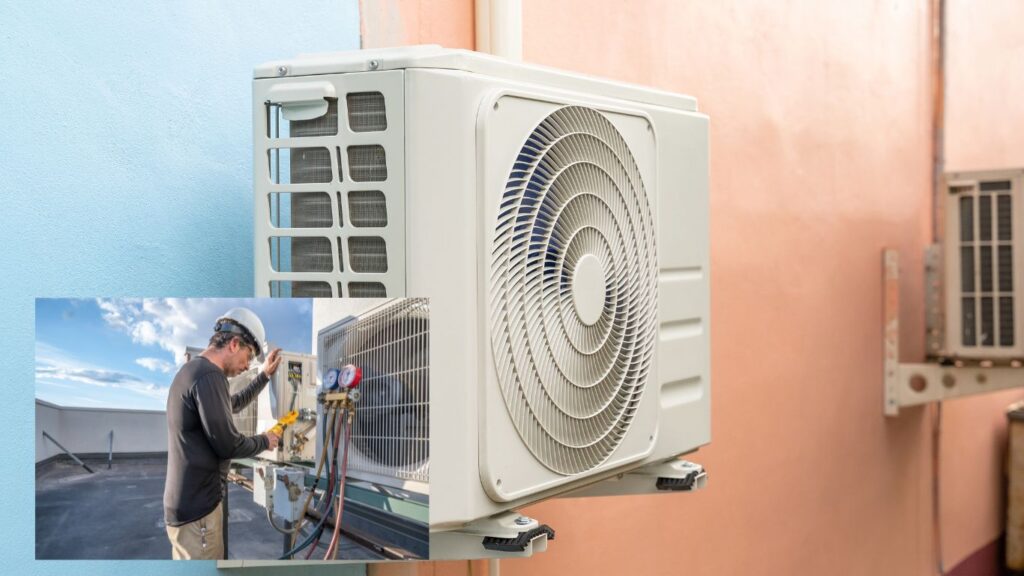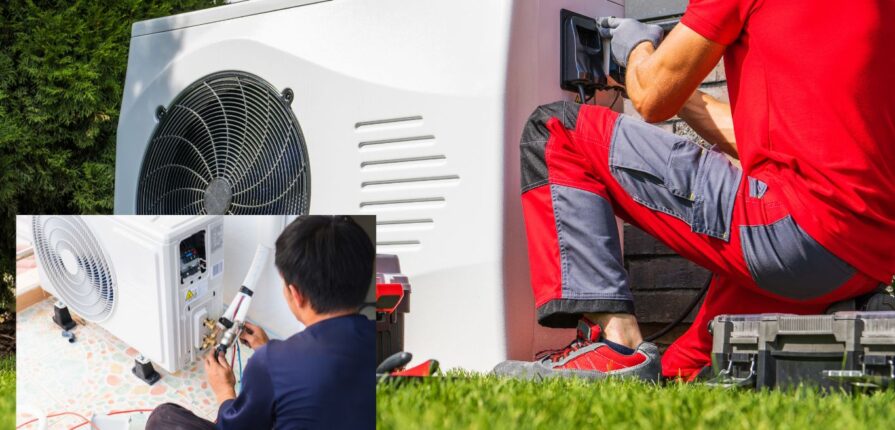Introduction
Having your HVAC system malfunction can be a source of frustration, especially during extreme weather conditions. However, before you panic or call for professional help, there are several steps you can take to troubleshoot and potentially resolve the issue yourself.

Understanding the HVAC System
What is HVAC?
HVAC stands for Heating, Ventilation, and Air Conditioning. It’s a system responsible for providing thermal comfort and acceptable indoor air quality in homes and commercial buildings.
Components of an HVAC System
An HVAC system consists of various components, including a furnace or heat pump, air conditioner, ductwork, thermostat, and air filters.
Common HVAC Problems
Several issues can cause your HVAC system to malfunction. Understanding these common problems can help you diagnose the issue more effectively.
Lack of Maintenance
Neglecting regular maintenance can lead to various problems, including dirty filters, worn-out components, and decreased efficiency.
Dirty Filters
Clogged or dirty air filters can restrict airflow, leading to reduced efficiency and poor indoor air quality.
Thermostat Issues
Faulty thermostats can cause inaccurate temperature readings or prevent the HVAC system from turning on.
Refrigerant Leaks
Low refrigerant levels due to leaks can lead to reduced cooling capacity and potential compressor damage.
Electrical Control Failure
Electrical problems, such as faulty wiring or blown fuses, can prevent the HVAC system from functioning properly.

Steps to Take When HVAC is Not Working
If your HVAC system is not working, here are some steps you can take to troubleshoot the issue:
Check the Thermostat
Ensure that the thermostat is set to the correct temperature and mode (heating or cooling). Replace the batteries if necessary and try resetting the thermostat.
Inspect Air Filters
Inspect the air filters and replace them if they are dirty or clogged. Clean filters allow for better airflow and improved system performance.
Examine Circuit Breakers
Check the circuit breakers or fuses associated with your HVAC system. Reset any tripped breakers or replace blown fuses.
Clear Debris Around the Outdoor Unit
Remove any debris, such as leaves or branches, from around the outdoor unit. Ensure that the unit has proper airflow for efficient operation.
Check for Refrigerant Leaks
Inspect the refrigerant lines and coils for signs of leaks. If you notice any leaks or frost buildup, contact a professional HVAC technician for repairs.
When to Call a Professional
If you’ve tried troubleshooting the issue but your HVAC system is still not working, it’s time to call a professional technician. They have the expertise and tools to diagnose and repair complex HVAC problems safely.
Conclusion
Dealing with a malfunctioning HVAC system can be stressful, but by following the steps outlined above, you can troubleshoot the issue and potentially resolve it on your own. Remember to perform regular maintenance to prevent future problems and ensure the efficient operation of your HVAC system.
FAQs
- How often should I replace my HVAC air filters?It’s recommended to replace HVAC air filters every 1 to 3 months, depending on factors such as filter type and indoor air quality.
- Can I troubleshoot electrical issues in my HVAC system myself?Electrical issues can be dangerous, so it’s best to leave them to professional technicians who have the necessary training and equipment.
- What should I do if my HVAC system is blowing warm air?Check the thermostat settings and air filters first. If the issue persists, there may be a problem with the refrigerant levels or compressor, requiring professional attention.
- How can I improve the efficiency of my HVAC system?Regular maintenance, including cleaning or replacing air filters, scheduling professional tune-ups, and sealing ductwork, can improve the efficiency of your HVAC system.
- Is it normal for my HVAC system to make noise?Some noise is normal during operation, but excessive or unusual sounds could indicate a problem. If you notice strange noises, it’s best to have a professional technician inspect your HVAC system.


Recent Comments